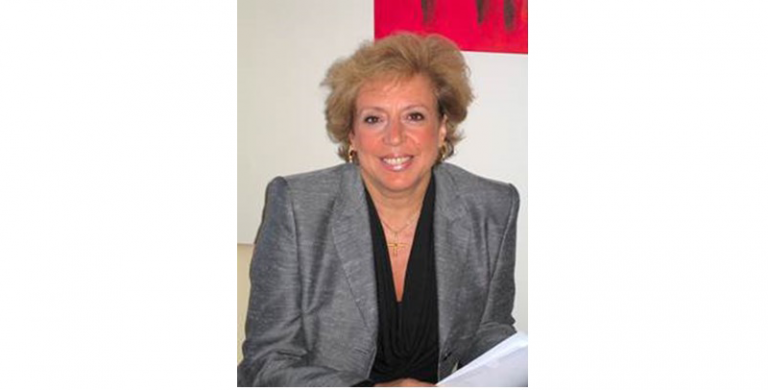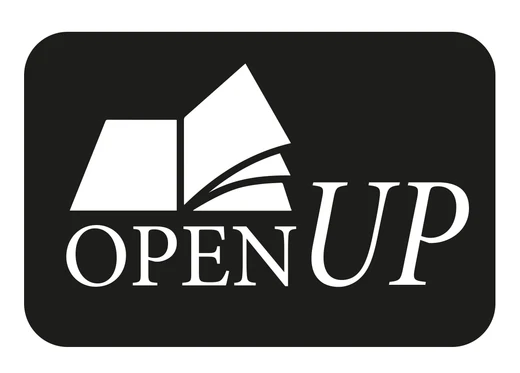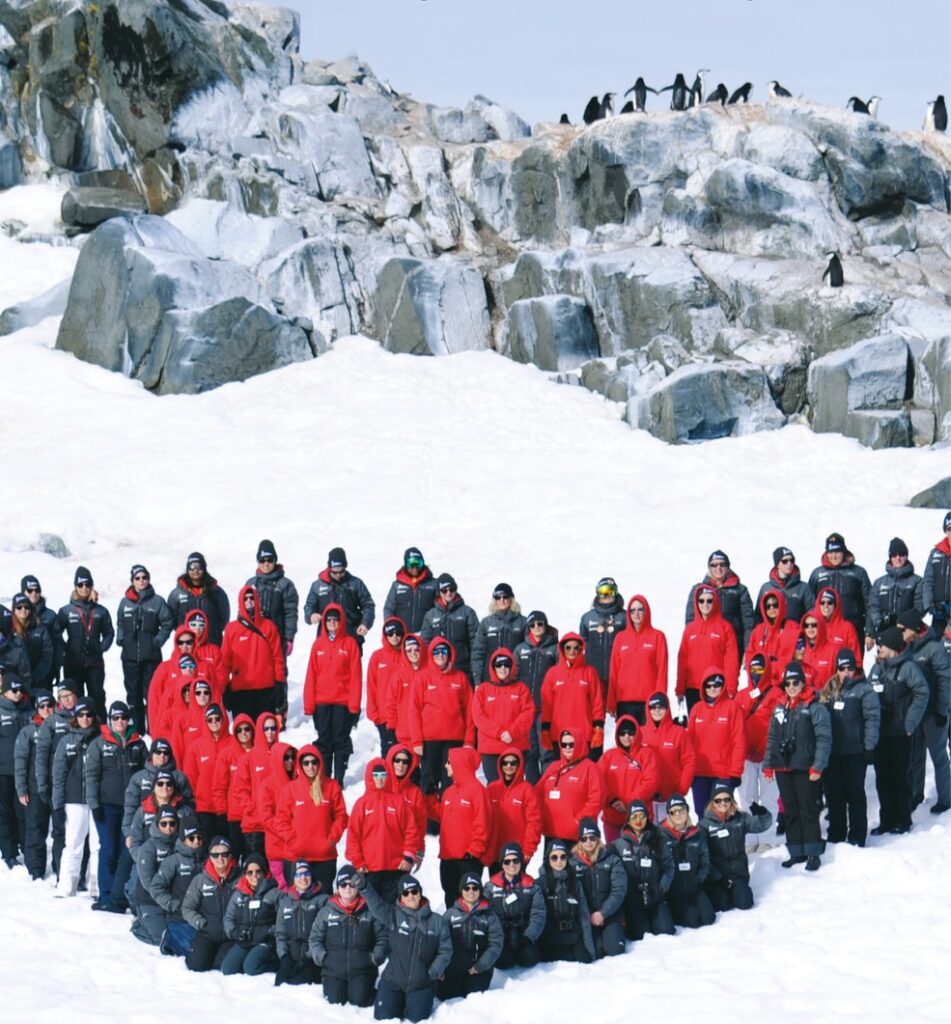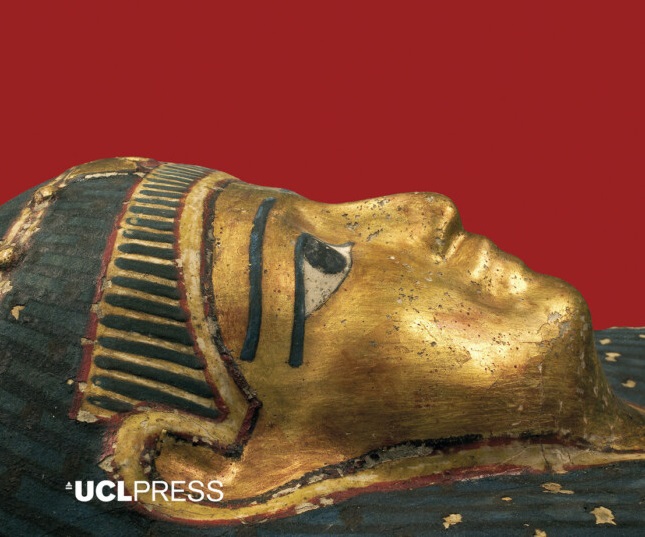
This week saw the publication of an important new open access book for anyone interested in inclusive education: The Inclusion Illusion: How children with special educational needs experience mainstream schools. In an excerpt from the foreword, Professor Paul Croll of the University of Reading, explains why The Inclusion Illusion is vital reading for anyone with an interest in SEND education
This is an important and valuable book which makes a significant contribution to the study of special educational needs and inclusion and has the potential to improve the educational experiences of pupils with significant learning and related difficulties. It combines an insightful account of the many issues and difficulties surrounding inclusion with a rigorous analysis of the outcomes and implications of the large-scale empirical work with which the author is associated. As the book demonstrates, the concept of inclusion has been central to the consideration of special educational needs since the Warnock Report of 1978 and features in all discussions of policy and practice. Over the last decade Rob Webster and colleagues at UCL Institute of Education have conducted a series of large- scale studies focused on the experiences in school of children with Statements of special educational needs and the extent to which these experiences can be regarded as inclusive. This carefully collected and analysed empirical evidence provides a compelling basis for the discussion of the difficulties and limitations of current practice presented here.
The results of these studies show that in the supposedly inclusive setting of mainstream schools, children with Statements often have rather separate educational experiences and less satisfactory pedagogical diets than their peers. Children with Statements may be withdrawn from the mainstream for substantial periods of time and even when they are within the mainstream class their experiences may be heavily mediated by teaching assistants (TAs) who manage their work and their interactions both with teachers and peers. The very heavy reliance on TAs by mainstream schools as a way of coping with the inclusion of children with difficulties emerges strongly from these studies, as does the way it limits these children’s experiences.
The research studies described here are on a very considerable scale. A particular strength is the way in which major quantitative studies based on systematic classroom observations have been combined with insightful interview- based projects. This combination means that very xirobust accounts of classroom contexts and interaction can be related to the detailed description by participants of their classroom experiences. These studies have been well conducted and carefully analysed and reported. Their conclusions about the limitations of inclusion are convincing. There is also extensive reference to other research studies and analyses and the book provides an up-to-date overview of the field of considerable relevance to teachers, educational leaders and policymakers.
The book concludes with an analysis of the policy implications of the research and ways in which inclusion can be made more of a reality. It deals with the limitations of policy and failures of leadership at all levels and ways in which the operation of school inspections and accountability regimes can inhibit inclusive policies. The book is balanced in its view and is careful not to be overcritical of schools and practitioners. The book also recognises what a difficult field this is and how problematic the education of children with serious difficulties can be. It is particularly timely when provision for special needs is being reconsidered and the central importance of inclusion perhaps needs to be restated.
About the Author
This is an except from the introduction of The Inclusion Illusion: How children with special educational needs experience mainstream schools by Rob Webster., with a foreword by Paul Croll.
Paul Croll is emeritus professor of education at the University of Reading, where he was the first director of the Institute of Education.





